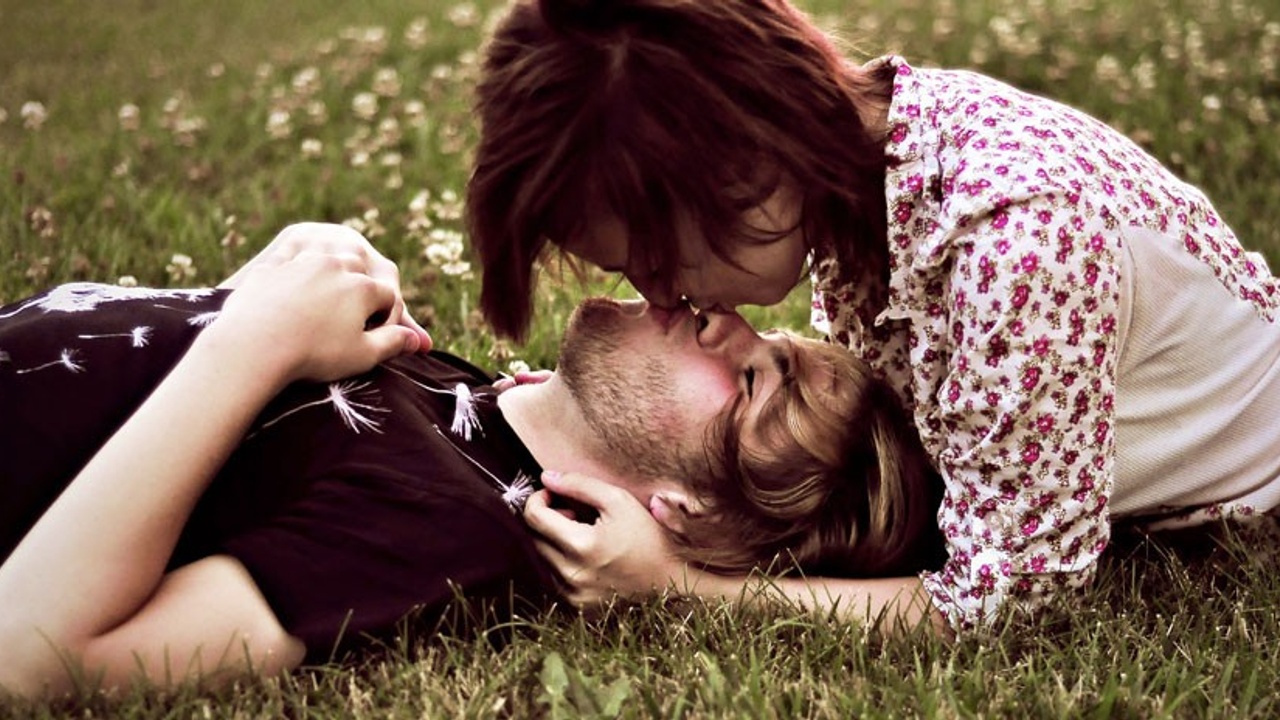Why We Love
May 24, 2021
The story of Romeo and Juliet is one of the most famous love stories in Western history and a perfect example of the science of attraction and why we love. This classic story written by Shakespeare is about the fate of two young lovers who would do anything to be together. The young lovers are descendants of the Italian families, the Montagues, and the Capulets, who have been feuding for years. One day young Romeo Montague goes out with his friends to a party the Capulets were hosting, and while there, he spies the Capulet's daughter Juliet and falls hopelessly in love with her. Juliet returns his affections, and though they both knew their families would never allow them to be together, they decided to follow their hearts anyhow.
The couple decided to fake their deaths so that they could run away and be together. Juliet proceeded to fake her death by taking a sleeping potion, which makes her look like she's dead. Friar Lawrence (the Catholic Priest) sent the message to Romeo, but he never got it. When Romeo later heard about Juliet's death, he goes to Juliet's casket, cries over her, and then kills himself by drinking poison because he can't live without her. Juliet, who then wakes up and sees Romeo's dead body, stabs herself with Romeo's dagger, ending their brief and passionate life of romance in tragedy.
This story is a representation of the universal nature of the need to love and be loved. The German poet and Philosopher Schiller may be correct when he said, "hunger and love move the world."
Falling in Love
When you fall in love, the brain's pleasure center becomes very active, evoking intense and powerful emotions that pour through the mind. As we experience this gush of emotion, some of us become pale, shy, or awkward in the presence of our beloved. The heart pounds, appetite is lost, and some of us can't sleep as we become obsessed with the object of our desire.
The term "falling in love" implies that something beyond our control has taken place in a somewhat irrational way. Indeed, "falling in love" happens to us and not something we make happens to us. Being in love - which is different from falling in love - is an ongoing process involving rational and emotional components. And so, while falling in love is a discrete event, being in love is a series of events taking place over some time. Furthermore, the body becomes engaged in a chemical symphony due to increased dopamine, norepinephrine, and serotonin levels. This chemical cocktail is what produces the numerous sensations we feel when we fall in love.
The Stages of Love
As you become attracted to your beloved, your love for each other begins to grow and change. The excitement that brought you both together in the first place will be very different from the love that will emerge ten or twenty years later. This growth and change in the romantic experience are because love relationships go through three predictable stages, all of which are important for love to flourish and grow.
Stage 1: Passionate Desire
During this stage of love, sexual desire gets awaken, being driven by the sex hormones testosterone in men and estrogen in women. These are the same hormones that became active in our bodies as teenagers, resulting in the physical and emotional changes we experience.
As a result of the release of these hormones in the body, we become motivated to seek sexual union with a member of the opposite sex. Furthermore, without these chemicals, we would never be motivated to venture into the love and mating arena.
Stage 2: Attraction
The initial giddiness that comes when we first fall in love is due to the addictive-like feeling we develop due to the release of the chemicals phenylethylamine (PEA), dopamine, and norepinephrine in the brain. The release of these chemicals is why we become "love-struck," thinking of nothing else but our beloved during this attraction stage. With this cocktail of chemicals at play, the brains respond and light up when we are in proximity to members of the opposite sex who we consider to be receptive to us, thus creating the feeling of romantic love in the relationship.
The preoccupation we experience with our "lover" during this stage makes us want to spend hours together in an attempt to get to know each other more. If this attraction remains strong and gets cherished by both individuals, then an entrance into the third stage will occur.
Stage 3: Attachment
The attachment or commitment stage is love for the long haul, a love that has grown past fantasy love into a strong enough love to withstand the problems and distractions of life. During this stage, bonding takes place, especially as individuals become sexually involved. Furthermore, as copulation occurs, the couple's brains become flooded with the feel-good hormone endorphins. The brain chemicals oxytocin and vasopressin are also released, promoting feelings of intimacy and bonding.
Keeping Love Alive
As romantic relationships mature with years, elevated levels of the bonding hormones interfere with neurochemicals responsible for promoting passionate love in the early stages of the relationship. For romance to be kept alive in your long-term relationship, therefore, you need to engage regularly in new and exciting activities. Furthermore, novel experiences drive up dopamine levels in the brain, triggering the brain chemistry of desire and erotic passion, qualities required for bonding in healthy marital relationships.

